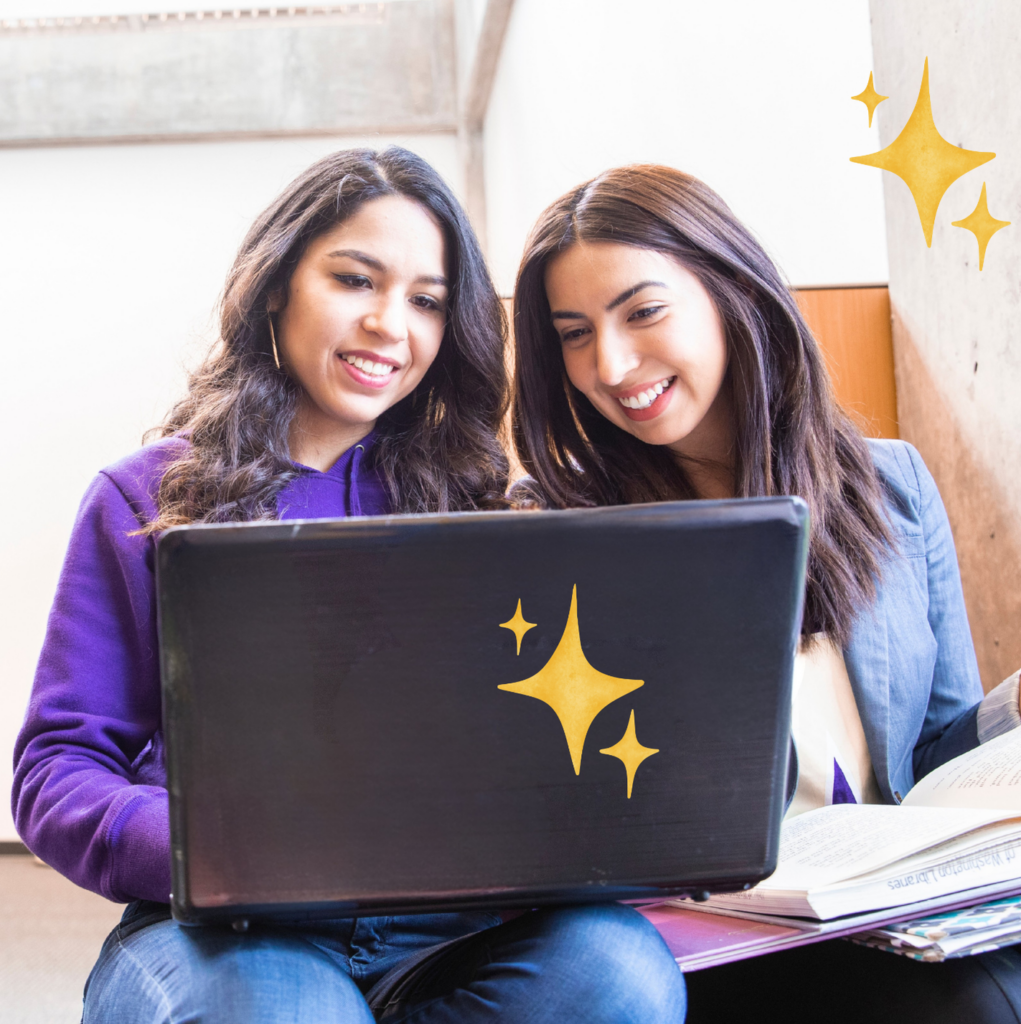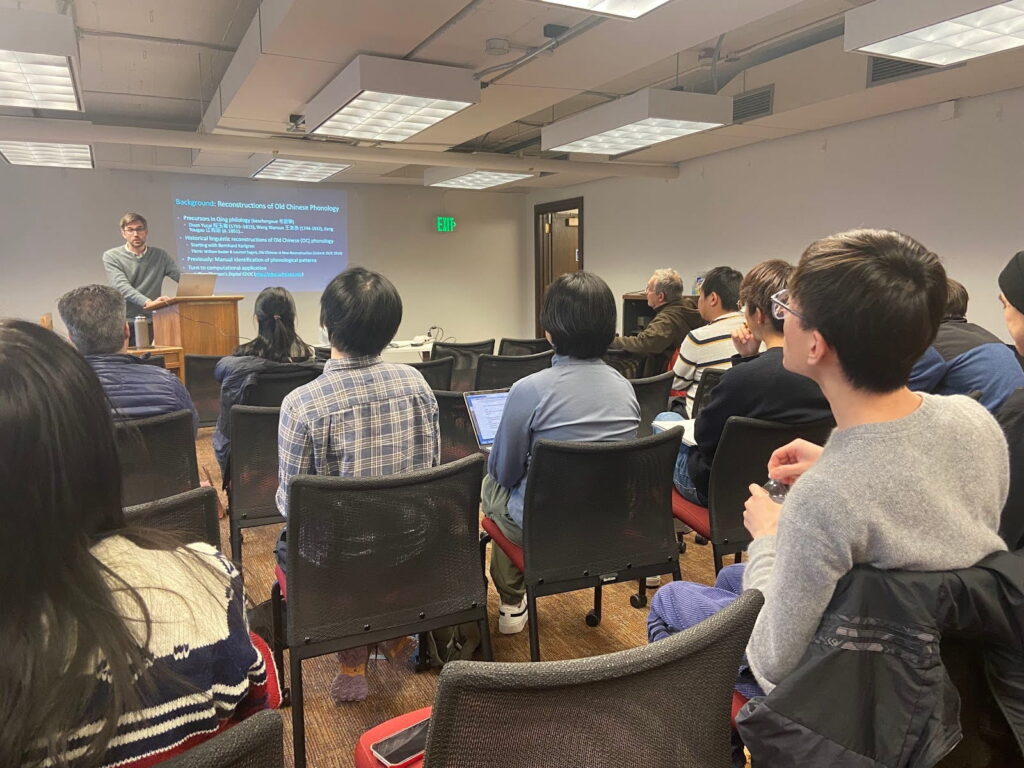Tateuchi East Asia Library
Open Today | 9am-6pm
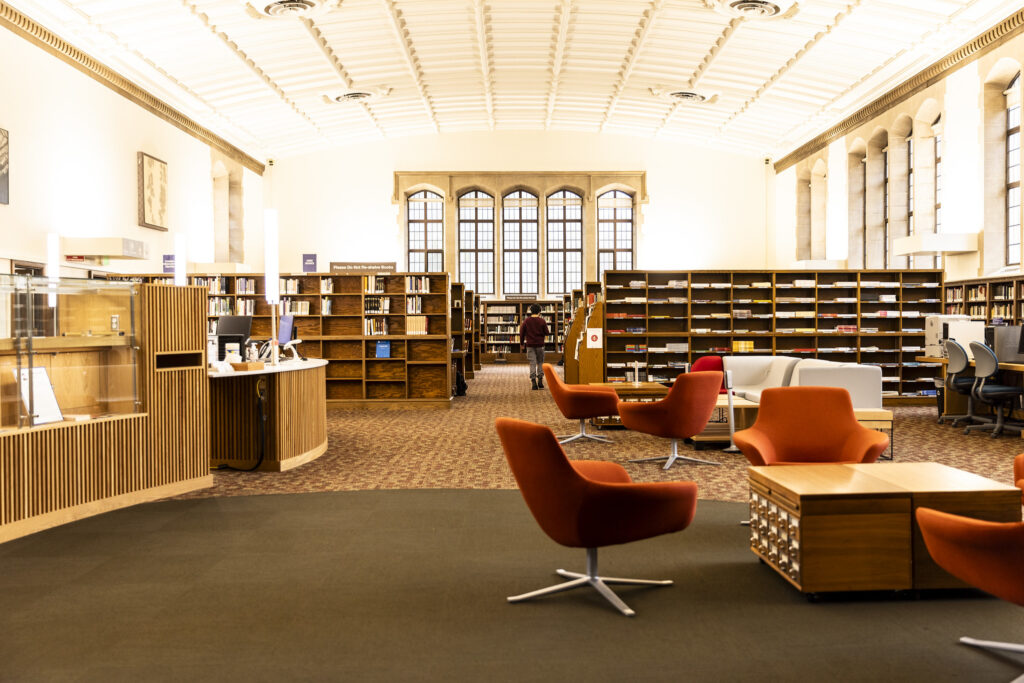
Location Information
Entrance:
Entrance on east side of building has a ramp, then go down the hall to the elevator to access main library.
Accessible Bathroom:
A single-occupancy, wheelchair-accessible bathroom is available in the library on the third floor.
Barriers:
No area of refuge. Floors other than the main floor are inaccessible.
Assistive Technology:
Scanning station has height adjustable desk
Open today: 9am-6pm
About Tateuchi East Asia Library
The Tateuchi East Asia Library, located on the third floor of Gowen Hall in the University’s iconic Liberal Arts Quadrangle (i.e. The Quad), is one of the leading East Asian libraries in North America. In addition to its distinguished collections, the library collaborates closely with faculty, students, and researchers to support teaching, learning, and scholarship in East Asian studies.
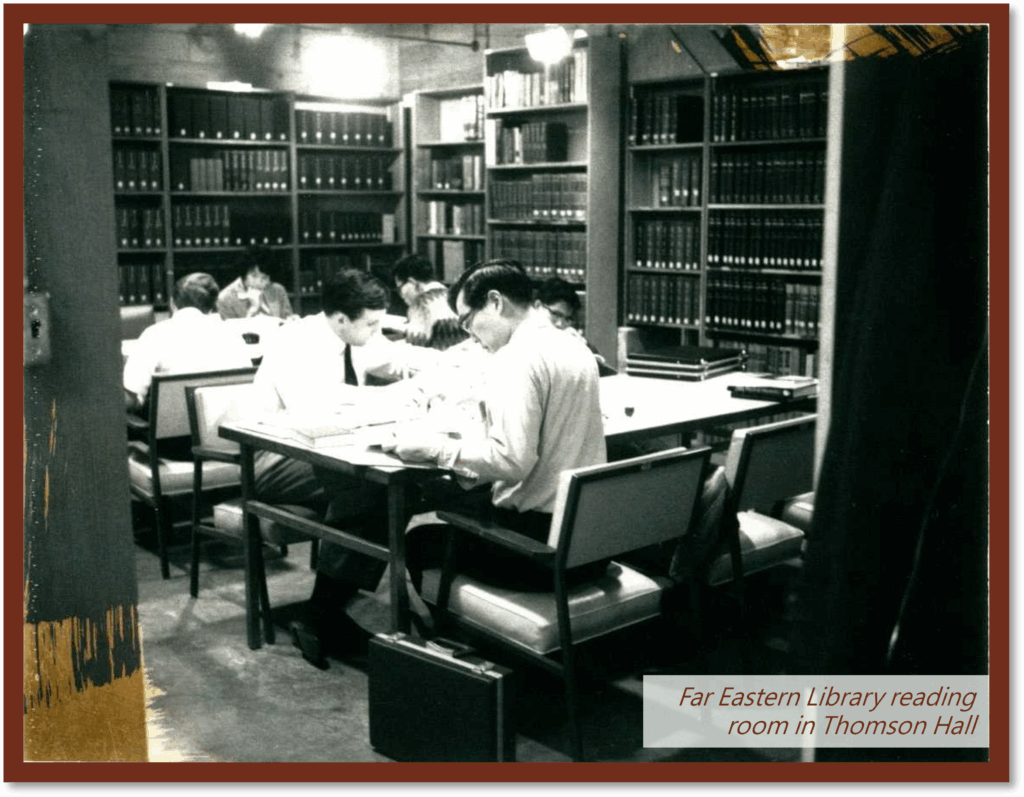
History
With an initial collection established in 1937, the Tateuchi East Asia Library is the second oldest library on campus.
Collections & Research Guides
China
The China collection is devoted to the learning and research of the Chinese language and studies on China and beyond in fields of humanities, social sciences, and more.
Japan
The Japan Collection supports teaching and learning in humanities and social science focused on Japan, while continuing to expand both traditional and electronic resources across related disciplines.
Korea
The Korea collection is one of the oldest and largest in North America, supporting Korea Studies with rich and specialized resources.
Taiwan
The Taiwan collection is of interdisciplinary works published in Taiwan and other areas that support teaching, learning, and research on Taiwan, Hong Kong, China, and beyond.
East Asia
In addition to East Asian language materials, English-language resources on East Asia are primarily housed in Suzzallo and OUGL.
Special Collections
Over 16,000 volumes of valuable, rare, and unique materials in the Chinese, Japanese and Korean languages.
Services, Spaces, & Equipment

Research Services
For questions or research support related to China, Japan, Korea, Taiwan, or East Asia Studies, our subject librarians are here to help.

Study Spaces
We have a diverse range of study spaces across multiple floors, including cozy open seating, quiet long-tables, small group study rooms, individual study seats and more.
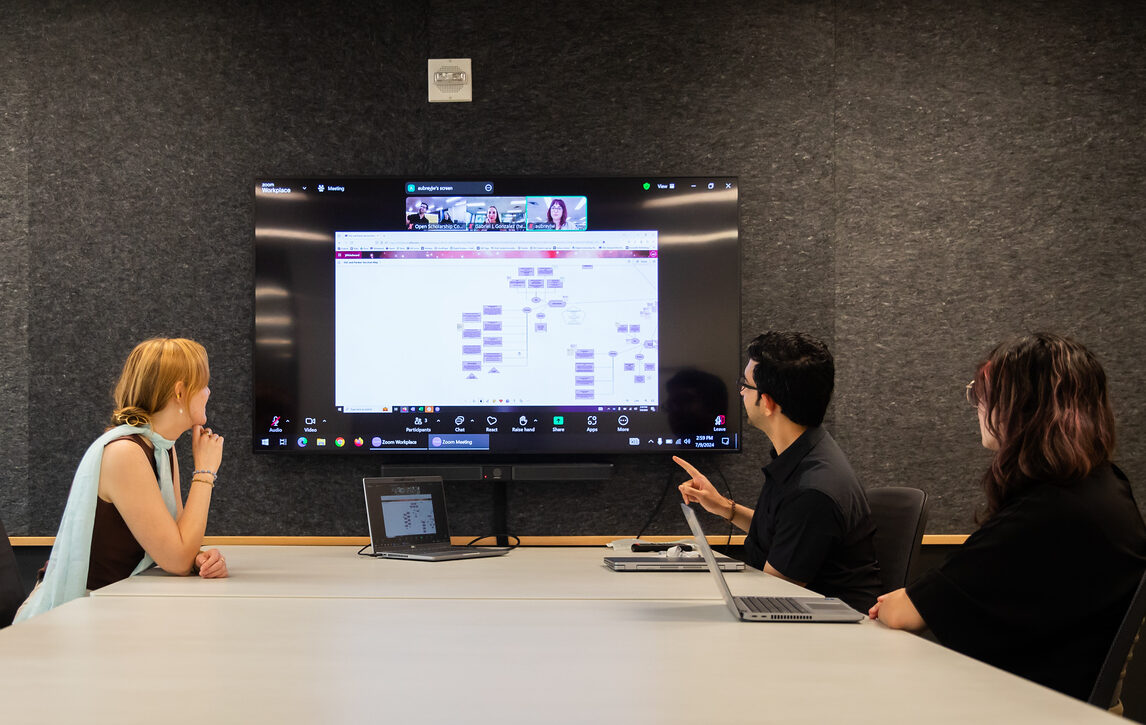
Printing, Scanning, & Computers
Offers computers, a scanner, printer, power outlets, charging stations, and other essential equipment.
News
Events
Ask Us!
Get help from librarians by email, phone, 24/7 chat, or make an appointment with a subject expert

